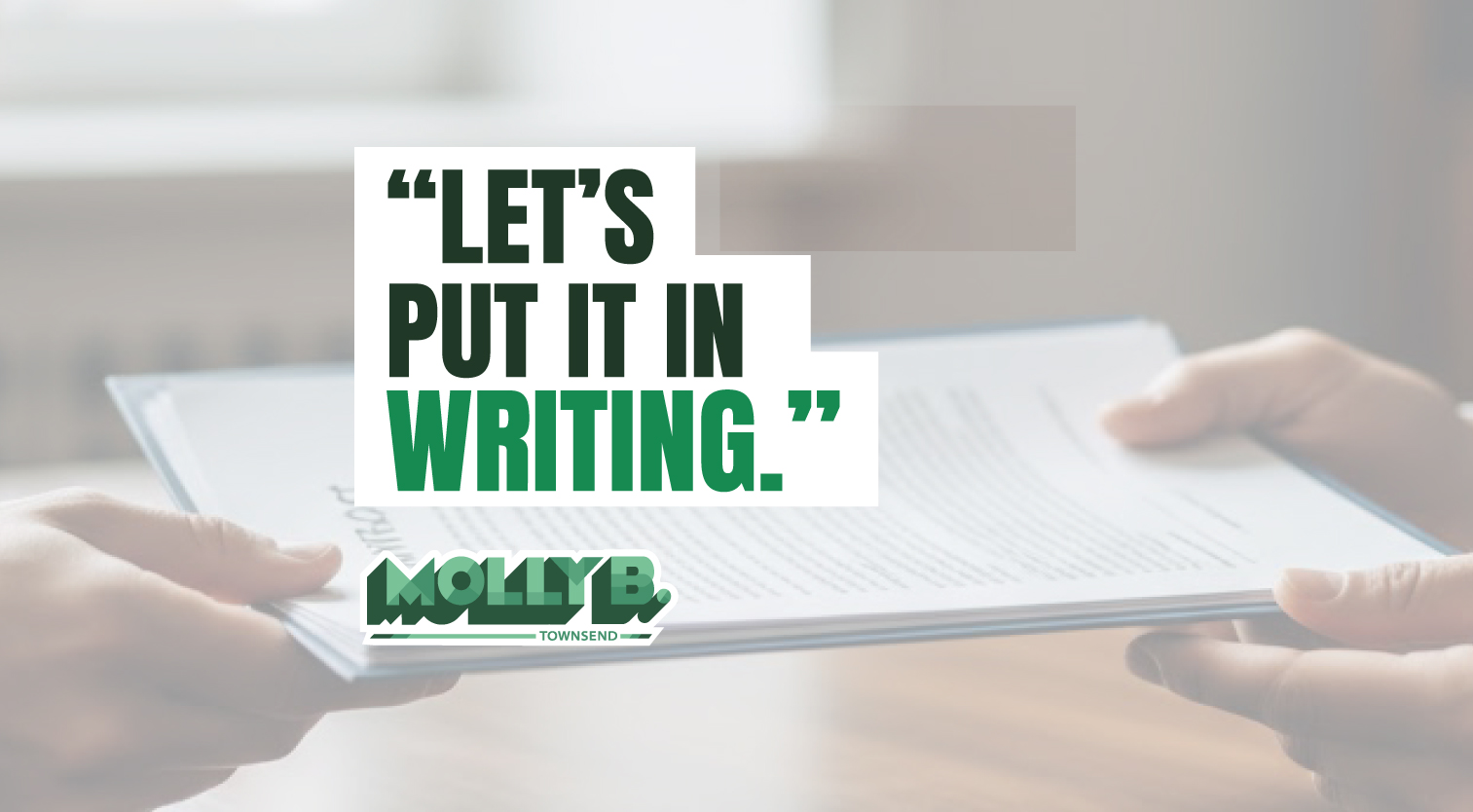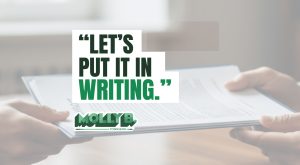An agent I coach just shared an all too familiar, painful story with me.
She had spent six months working with her neighbor, running comps, laying groundwork, and building the relationship. They had met as neighbors in a new condo building. She was renting, and her neighbor was looking to trade up to the penthouse for the views and the terrace. It was a $10 million listing. The buyer wanted a deal at $8.5 million.
The agent stayed persistent, professional, patient. She built trust. When the time came to tour, they went to see the unit together and had dinner afterward. Over dessert, the buyer told her she could technically go directly to the seller, but would never do that to her because they were friends.
The next day, she got a text saying the buyer had gone direct to the seller.
A $250,000 commission, gone.

If you’ve ever been burned like this, you’re not alone. It’s one of the hardest parts of this business: how easily the line between friendship and professionalism gets blurred.
We tell ourselves we’re friends, but what we really mean is we’ve built rapport. We’ve made them feel comfortable. We’ve earned their trust. But comfort isn’t commitment. Friendship doesn’t guarantee loyalty.
Being friendly is part of the job. But confusing friendly with friends is often what leaves us hurt, questioning our worth, and doubting the very instincts that make us good at what we do.
Here’s the truth: friendship is optional. Clarity is not.
You can lead with kindness and protect yourself.
You can build trust and put it in writing.
You can care deeply about people and still run a business.

Coaching Corner: Protect Your Peace, Protect Your Work
More than half of the agents I coach still don’t have signed buyer agreements.
They say things like, “We’ve known each other for years,” or “It feels too transactional.”
But here’s what’s actually true: putting it in writing doesn’t make it transactional, it makes it intentional.
When you set clear expectations, you protect both sides of the relationship. You show your client that you take your work seriously and that you respect their decisions enough to make them clear.
Boundaries don’t create distance. They create safety.
And safety is what allows trust to grow.

If you’ve ever been in her shoes, if you’ve ever been the one left holding the text message, you don’t need to be harder. You just need to be clearer.
Friendly, not friends.
Kind, not naive.
Professional, always.
Hard lessons make better leaders.
And this one’s worth remembering.





